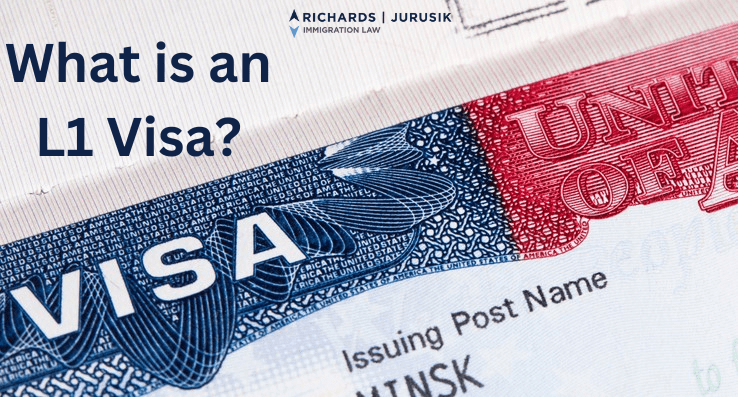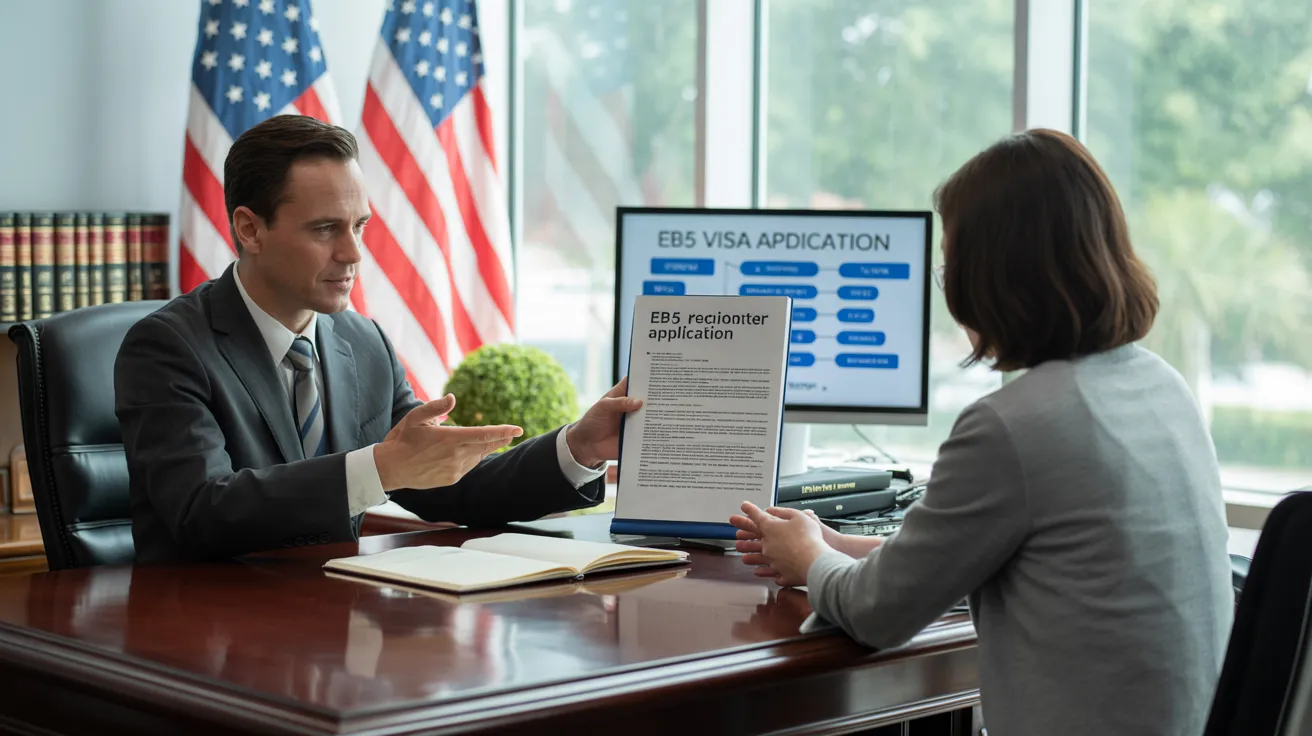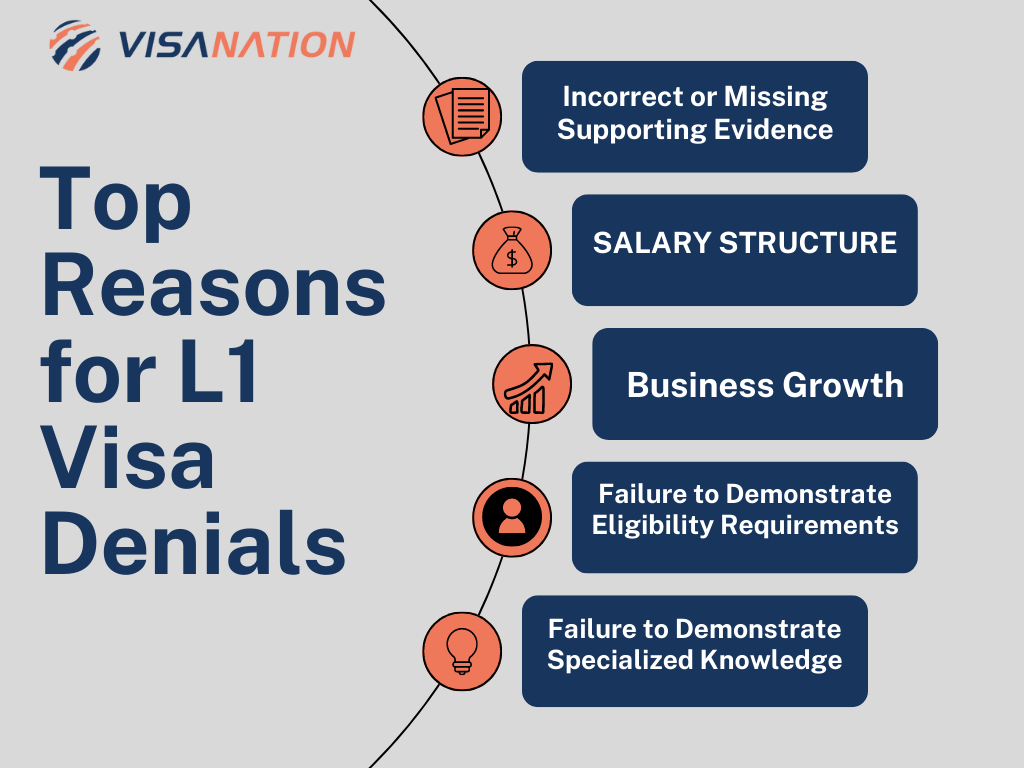L1 Visa for Dummies
Table of ContentsOur L1 Visa PDFs6 Easy Facts About L1 Visa ShownWhat Does L1 Visa Do?The Facts About L1 Visa RevealedNot known Facts About L1 VisaL1 Visa Fundamentals Explained
Available from ProQuest Dissertations & Theses Global; Social Scientific Research Premium Collection. DHS Office of the Examiner General. Retrieved 2023-03-26.
United State Department of State. Retrieved 2023-02-08. Tamen, Joan Fleischer (August 10, 2013).
The smart Trick of L1 Visa That Nobody is Discussing
In order to be qualified for the L-1 visa, the foreign business abroad where the Recipient was employed and the United state business must have a qualifying connection at the time of the transfer. The different types of certifying partnerships are: 1.
Instance 1: Business A is integrated in France and uses the Recipient. Business B is incorporated in the U.S. and intends to petition the Beneficiary. Business A has 100% of the shares of Business B.Company A is the Parent and Company B is a subsidiary. There is a qualifying relationship between the two business and Company B ought to be able to sponsor the Beneficiary.
Example 2: Company A is incorporated in the united state and wishes to petition the Recipient. Company B is incorporated in Indonesia and uses the Beneficiary. Company A has 40% of Business B. The staying 60% is had and managed by Firm C, which has no relation to Company A.Since Company A and B do not have a parent-subsidiary partnership, Firm A can not sponsor the Beneficiary for L-1.
Instance 3: Company A is incorporated in the united state and intends to seek the Beneficiary. Company B is incorporated in Indonesia and employs the Beneficiary. Company A possesses 40% of Company B. The staying 60% is had by Company C, which has no relation to Business A. Nonetheless, Company A, by formal arrangement, controls and complete takes care of Business B.Since Company A possesses much less than 50% of Company B yet handles and controls the firm, there is a certifying parent-subsidiary partnership and Company A can fund the Beneficiary for L-1.
About L1 Visa
Affiliate: An affiliate is 1 of 2 subsidiaries thar are both possessed and managed by the exact same moms and dad or person, or had and managed by the same group of people, in basically the exact same ratios. a. Instance 1: Company A is incorporated in Ghana and uses the Recipient. Firm B is incorporated in the U.S.
Business C, also included in Ghana, has 100% of Business A and 100% of Business B.Therefore, Company A and L1 Visa requirements Company B are "affiliates" or sister companies and a qualifying partnership exists between both firms. Business B should be able to sponsor the Beneficiary. b. Instance 2: Business A is included in the united state
Business A is 60% owned by Mrs. Smith, 20% had by Mr. Doe, and 20% had by Ms. Brown. Company B is integrated in Colombia and currently employs the Recipient. Firm B is 65% owned by Mrs. Smith, 15% possessed by Mr. Doe, and 20% owned by Ms. Brown. Business A and Firm B are affiliates and have a qualifying connection in 2 different means: Mrs.
The L-1 visa is an employment-based visa category developed by Congress in 1970, allowing multinational business to transfer their managers, execs, or crucial personnel to their U.S. operations. It is typically referred to as the intracompany transferee visa. There are 2 primary sorts of L-1 visas: L-1A and L-1B. These kinds are ideal for staff members hired in various settings within a company.

In addition, the recipient must have operated in a supervisory, executive, or specialized worker position for one year within the L1 Visa attorney three years coming before the L-1A application in the foreign firm. For new workplace applications, international employment should have remained in a supervisory or executive capability if the recipient is pertaining to the USA to function as a manager or exec.
Getting My L1 copyright Work

If approved for an U.S. business functional for greater than one year, the preliminary L-1B visa is for approximately 3 years and can be extended for an additional 2 years (L1 Visa). Alternatively, if the U.S. company is newly established or has been functional for less than one year, the preliminary L-1B visa is issued for one year, with extensions available in two-year increments
The L-1 visa is an employment-based visa group established by Congress in 1970, allowing international companies to move their managers, execs, or key workers to their United state operations. It is commonly referred to as the intracompany transferee visa.
L1 Visa for Dummies
Additionally, the beneficiary has to have functioned in a managerial, exec, or specialized worker position for one year within the 3 years preceding the L-1A application in the foreign business. For new workplace applications, foreign employment needs to have remained in a supervisory or executive capacity if the beneficiary is concerning the learn more USA to function as a manager or exec.
for approximately 7 years to oversee the procedures of the U.S. affiliate as an executive or manager. If issued for an U.S. company that has actually been operational for more than one year, the L-1A visa is originally provided for as much as 3 years and can be expanded in two-year increments.
If provided for an U.S. business functional for more than one year, the first L-1B visa is for up to 3 years and can be prolonged for an added two years. Conversely, if the united state firm is recently developed or has been operational for less than one year, the first L-1B visa is released for one year, with expansions available in two-year increments.